Faculty
Chicago's PhD Program in Political Economy is staffed by over two dozen faculty in the Department of Political Science and the Harris School of Public Policy. Explore their research interests below.
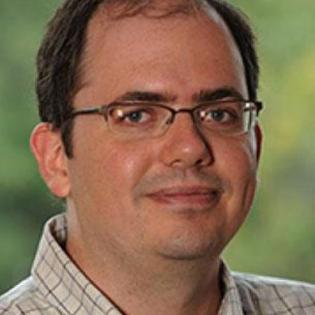
Homer J. Livingston Professor, Harris School of Public Policy
Email: sashwort@uchicago.edu | Website
Professor Ashworth uses game-theoretic models to study a variety of issues in political science, with a special emphasis on campaigns and elections. His current research uses ideas from contract theory to explore foundational and applied questions in the theory of political accountability.
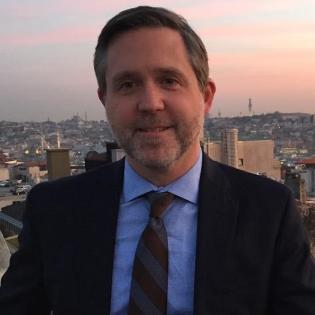
William J. and Alicia Townsend Friedman Professor of Political Science, Harris School of Public Policy
Email: crberry@uchicago.edu | Website
Professor Berry’s research interests include metropolitan governance, the politics of public finance, and intergovernmental fiscal relations.

Ramalee E. Pearson Professor of Global Conflict Studies in Political Science, Harris School of Public Policy
Email: blattman@uchicago.edu | Website
Professor Blattman uses field studies, surveys, natural experiments, and field experiments to study the dynamics of poverty and participation, and to consider which development programs work and why. He is exploring new strategies to alleviate poverty and how these strategies impact violence, unrest, and other social and political behavior.

Sydney Stein Professor and Interim Dean, Harris School of Public Policy
Email: bdm@uchicago.edu | Website
Professor Bueno de Mesquita’s research focuses on applications of game theoretic models to a variety of political phenomena, including conflict, political violence, and electoral accountability. He has also written extensively on methodological issues concerning the relationship between theory and empirics in the social sciences.
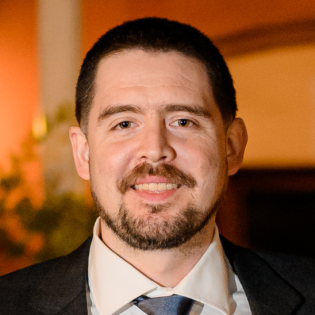
Assistant Professor, Harris School of Public Policy
Email: castilloquintana@uchicago.edu | Website
Professor studies the relationship between violent conflict, policymaking, and politics, with a methodological emphasis on formal theory. He develops and applies game-theoretic models to understand the effects of different policies on the conflict behavior of violent actors.

Philip K. Pearson Professor, Harris School of Public Policy
Email: odube@uchicago.edu | Website
Professor Dube’s research focuses on the political economy of development. She studies topics like the link between poverty and conflict and the role of trust and institutions in the spread of epidemics.
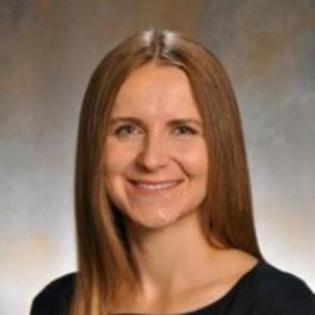
Associate Professor and Deputy Dean, Harris School of Public Policy
Email: wdziuda@uchicago.edu | Website
Professor Dziuda’s main interests lie in applied game theory, political economy, and the economics of information. Her current research focuses on analyzing how legislative bargaining affects the nature and the efficiency of policies. Dziuda is also interested in the strategic underpinnings of political scandals and their consequences for accountability.

Professor, Department of Political Science
Email: aeggers@uchicago.edu | Website
Professor Eggers is a political scientist whose research focuses on electoral systems, corruption/accountability, the relationship between money and politics, and political development in the U.S., Britain, and France. He also has an interest in research methodology.

Assistant Professor, Harris School of Public Policy
Email: fouirnaies@uchicago.edu | Website
Professor Fouirnaies concentrates on the political economy of elections. Most of his research focuses on how money and the media shape elections and affect representation and accountability.
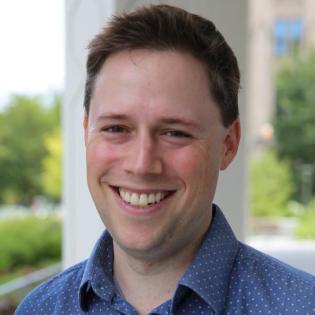
Professor, Harris School of Public Policy
Email: anthony.fowler@uchicago.edu | Website
Professor Fowler’s research applies econometric methods for causal inference to questions in political science, with particular emphasis on elections and political representation. Specific interests include the causes and consequences of unequal voter turnout, explanations for incumbent success, the politics of policymaking in legislatures, and the credibility of empirical research.

Elise and Jack Lipsey Professor, Department of Political Science and Harris School of Public Policy; Director, PhD Program in Political Economy
Email: gehlbach@uchicago.edu | Website
Motivated by the contemporary and historical experience of Russia and neighboring states, Professor Gehlbach has made numerous contributions to the study of autocracy, economic reform, political connections, and other important topics in political economy.
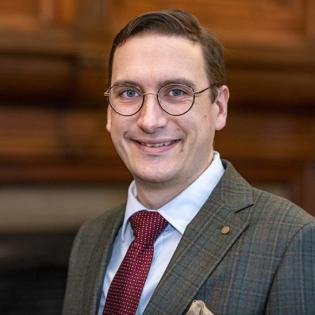
Associate Professor, Department of Political Science
Email: gulotty@uchicago.edu | Website
Professor Gulotty’s research interests include international political economy and political methodology. He is also engaged in research on the origins of the international trade regime and the effects of domestic institutions on foreign economic policymaking.
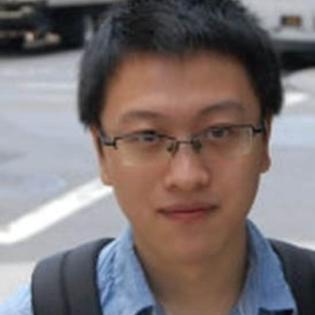
Assistant Professor, Department of Political Science
Email: luozhaotian@uchicago.edu | Website
Professor Luo specializes in developing and applying game theoretic models to explain interactions among political actors as well as the foundations and performance of political institutions. His current research centers on the role of information in politics.

Assistant Professor, Harris School of Public Policy
Email: dmoskowitz@uchicago.edu | Website
Professor Moskowitz’s research examines how the media and electoral institutions shape the behavior of voters and elite actors, and it assesses the consequences of these institutions on accountability and political representation.
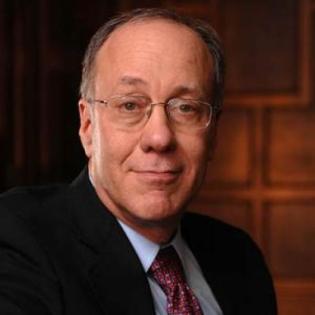
David L. Pearson Distinguished Service Professor of Global Conflict Studies, Harris School of Public Policy and Kenneth C. Griffin Department of Economics
Email: rmyerson@uchicago.edu | Website
Professor Myerson has made seminal contributions to the fields of economics and political science. In game theory, he introduced refinements of Nash’s equilibrium concept, and he developed techniques to characterize the effects of communication among rational agents who have different information. His analysis of incentive constraints in economic communication introduced several fundamental concepts that are now widely used in economic analysis, including the revelation principle and the revenue-equivalence theorem in auctions and bargaining.
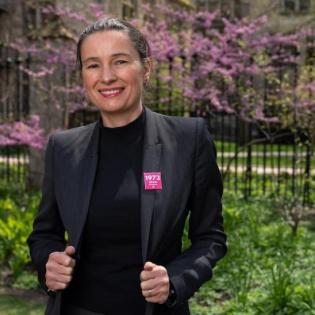
Professor, Department of Political Science
Email: mnalepa@uchicago.edu | Website
With a focus on post-communist Europe, Professor Nalepa’s research interests include transitional justice, parties and legislatures, and game-theoretic approaches to comparative politics.
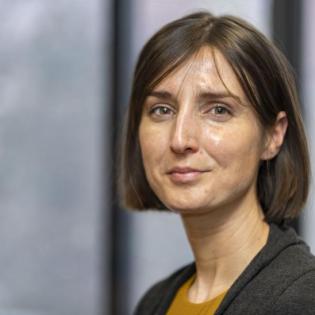
Assistant Professor, Deptartment of Political Science
Email: mollyow@uchicago.edu | Website
Professor Offer-Westort works on quantitative methodology for social science research, with a focus on causal inference and experimental design.
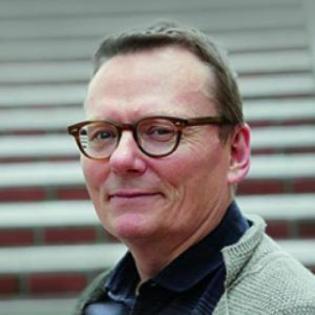
The Reverend Dr. Richard L. Pearson Professor of Global Conflict Studies, Harris School of Public Policy; Director, The Pearson Institute for the Study and Resolution of Global Conflicts
Email: jamesrobinson@uchicago.edu | Website
Professor Robinson's work explores the underlying relationship between poverty and the institutions of a society and how institutions emerge out of political conflicts. He has conducted influential research in the field of political and economic development and the factors that are the root causes of conflict.

Professor, Department of Political Science
Email: jrogowski@uchicago.edu | Website
Professor Rogowski studies representation and accountability, political institutions, and American political history. His current research projects study the growth of bureaucratic institutions and the use of presidential power in the contemporary and historical periods.

Assistant Professor, Harris School of Public Policy
Email: raul@uchicago.edu | Website
Professor Sanchez de la Sierra's research agenda is in political economy, development economics, culture and economics. He studies the economics of power and of the state, and recently started using tools of moral psychology to study the exercise of power, violence, and genocidal motivations.
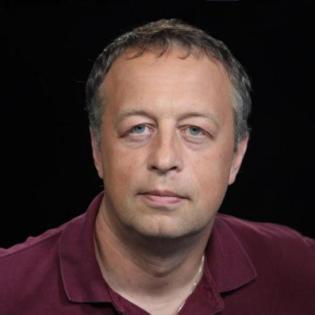
John Dewey Distinguished Service Professor, Harris School of Public Policy
Email: ksonin@uchicago.edu | Website
Professor Sonin’s interests include political economics, development, and economic theory. His papers have been published in leading academic journals in economics and political science.

Assistant Professor, Harris School of Public Policy; Deputy Faculty Director, BFI-China & EPIC-China
Email: shaoda@uchicago.edu | Website
Professor Wang is an applied economist with research interests in development economics, environmental economics, and political economy, with a regional focus on China.

Assistant Professor, Harris School of Public Policy
Email: austinlw@uchicago.edu | Website
Professor Wright’s research leverages microlevel data to study the political economy of conflict and crime in Afghanistan, Colombia, Indonesia, and Iraq.
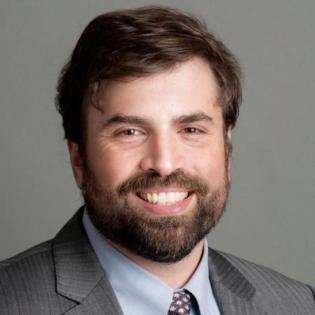
Assistant Professor, Harris School of Public Policy
Email: zelizer@uchicago.edu | Website
Professor Zelizer studies legislative politics, with a focus on causal inference. His research examines how legislators make decisions – for example, how they acquire expertise from policy research and influence one another through deliberation – and the effects of individual decision-making processes on policy outcomes.
 THE UNIVERSITY OF CHICAGO
THE UNIVERSITY OF CHICAGO

